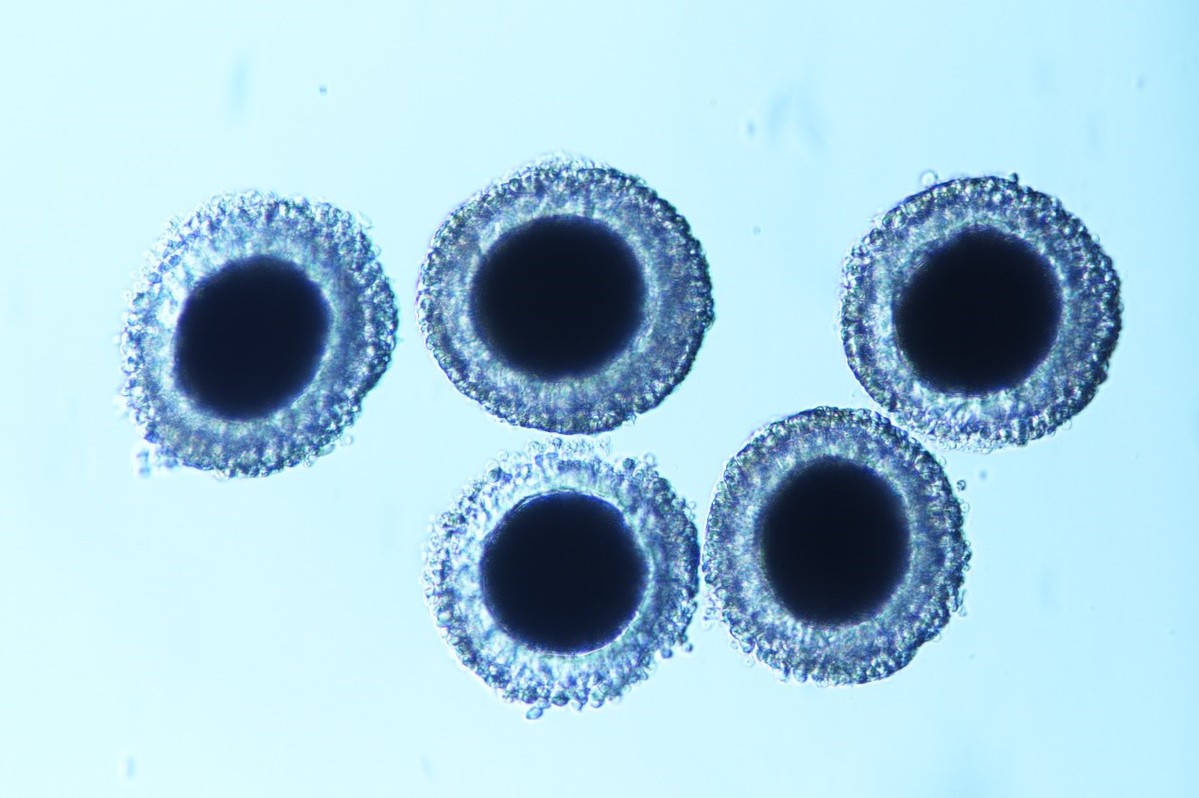Growth of pet cloning means love never dies


Identity
To date, Sinogene has preserved the DNA of more than 100 pet dogs and cats, according to Zhao.
Though most of the clients were Chinese, the company has sent its veterinarians to help people in countries such as Mexico, Greece and India.
In one case, an owner brought his pet to China from the US for cell preservation. Zhao estimated that the growing market will bring the company at least 100 orders for pet cloning in the near future.
However, the big question for many owners is whether the cloned pet will be exactly the same as the original. It may resemble the dead animal, but will it have the same personality?
"A cloned pet has a consistent genetic sequence that directly relates to the (predecessor's) shape, body structure and innate abilities. Genes can be expressed in different ways, though, so the new animal may display slight differences," Zhao said.
The clone will be the same sex as the original, but just as in nature, it may have slight differences in observable characteristics, such as different markings.
In addition, the environment interacts with genetics to affect many factors, such as personality, behavior and fur color.
"For example, with Dalmatian dogs it's impossible to guarantee that each of the spots will be the same shape and in the same place as the original. But many owners will see signs of their original pet because of the clone's similar behavior - some puppies will eat in the same way as the original, while others will sound identical when they bark," Zhao said.
"However, all cloned pets share a similar trait; they are naughty because they are usually spoiled by their owners. People treasure cloned pets very highly; not just because of the cost, but also because of the once-in-a-lifetime chance to live with a 'copy' of their old pet."
Despite the potential, Zhao said pet cloning will probably only account for a small part of Sinogene's growth strategy.
"Our major target might be gene editing and cloning for medical use, which will not just benefit a few people, but probably millions," he said. "However, pet cloning will still be a very meaningful part of our business because it brings hope to pet lovers."
Early next year, Guai Guai will be "reborn" in Sinogene's lab. Liu acknowledged that the new puppy will not actually "be" Guai Guai, but it will help with the grieving process.
"Guai Guai will always be in my heart, so I will name the puppy Guai Guai as a symbol of the continuation of our love," she said.
























